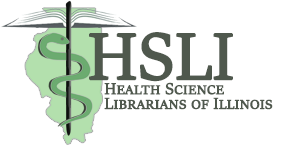(via Kara Malenfant, Association of College & Research Libraries)
On September 26, 2016, ACRL provided feedback to the National Science Foundation (NSF) in preparation for updates to its Strategic Plan. As reflected in previous ACRL support for governmental policies and legislation that facilitate open access and open education, including the Office of Science and Technology Policy (OSTP) mandate (mentioned in the NSF strategic plan) and the Fair Access to Science & Technology Research Act and Federal Research Public Access Act bills, ACRL is fundamentally committed to the open exchange of information to empower individuals and facilitate scientific discovery. In the comments to NSF, ACRL offered six recommendations to allow for research data and articles to be freely shared.
- Accelerate scientific discovery by encouraging the use of the shortest possible-or, no-embargo period for access to NSF-funded publications;
- Improve the discoverability, utility and value of NSF-funded articles by depositing them in the PubMed Central repository, which currently houses more than four million articles from the NIH and six other Federal agencies in a standardized, machine-readable XML format;
- “Public access” is not “open access”: ensure that NSF articles meet OSTP requirements for enabling productive reuses–including computational analysis, and text and data mining–by requiring the use of a standard open license;
- The OSTP memorandum of February, 2013 speaks equally to public access to scientific publications and to scientific data in digital formats. NSF should improve the Agency’s accountability and transparency by requiring that data underlying NSF articles needed to validate/reproduce the articles’ conclusions be made publicly available upon publication;
- Incentivize NSF researchers to freely and quickly share articles and their underlying data through funding reviews and promotion processes; and
- Further improve NSF’s accountability and transparency by establishing a publicly accessible mechanism to track policy compliance results, including reporting on the number of articles produced from NSF-funded research, and how many are publicly accessible.
Read more in ACRL’s full feedback to NSF.
